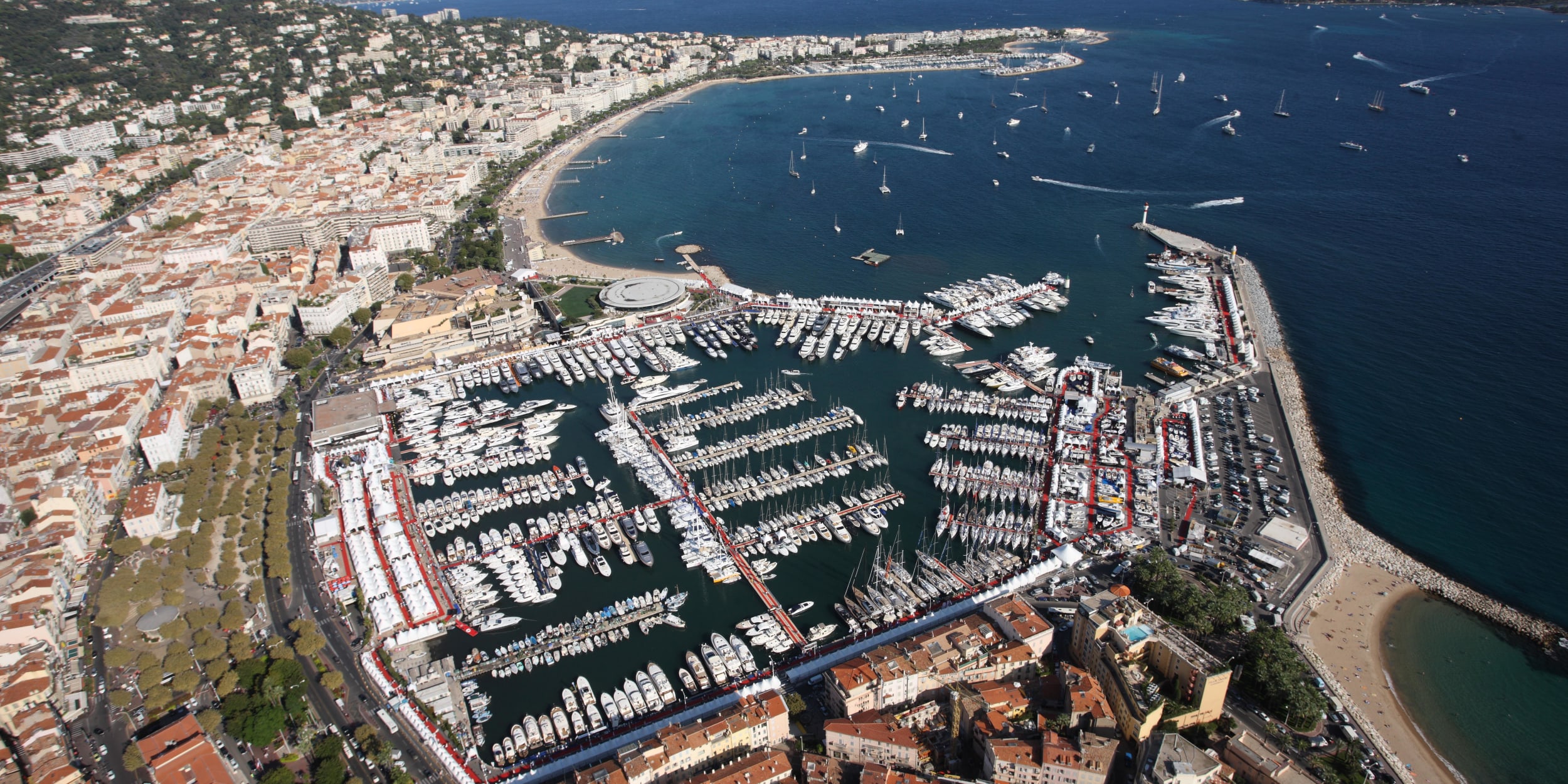
what do ports bring to the territories?
The impact of ports is mainly measured through:
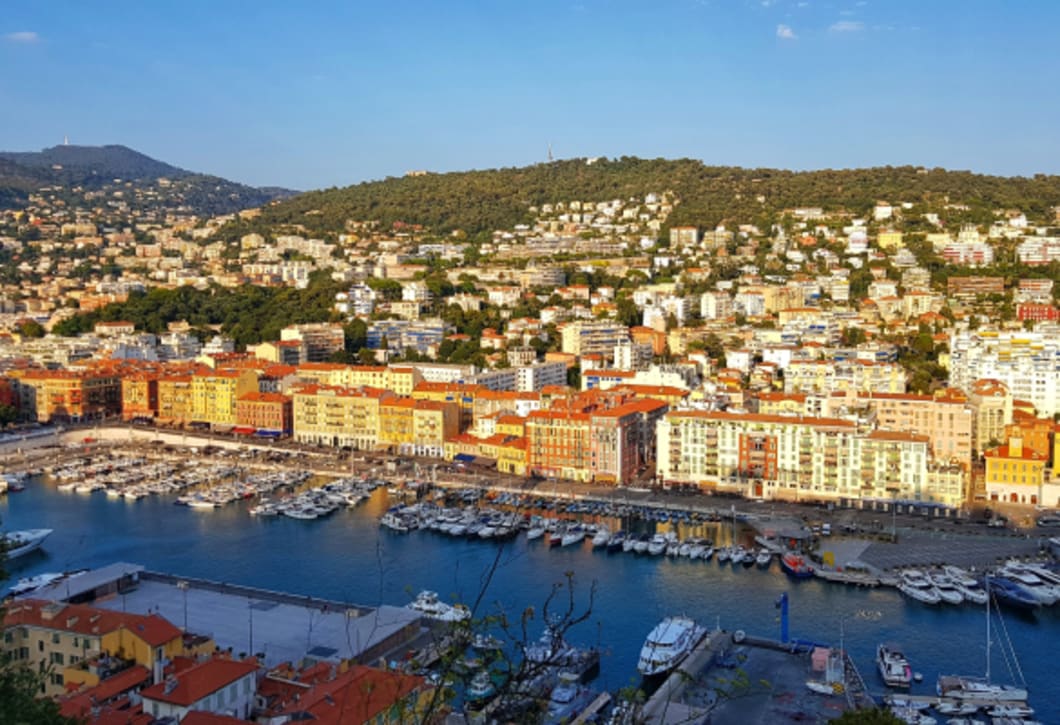
- A maritime transport offer adapted to the economic and mobility needs of the territory,
- Complementary, diversified economic activities that generate turnover and employment: services to ships, goods, passengers, crews, recreational boaters and walkers …
- Actions in favour of sustainable development in order to ensure ecological and energy transition and to value the maritime heritage.
Depending on the type of activities organised, the ports contribute mainly to:
The economic and commercial dynamics of the territories, allowing the movement of people, supplies and shipments of goods.
This capacity to manage flows is measured through traffic, expressed in tons of goods or number of passengers.
In 2015, for example, nearly 350 million tonnes of freight and 32 million passengers passed through French ports in the Mediterranean, the Atlantic, the English Channel, the North Sea and overseas territories.
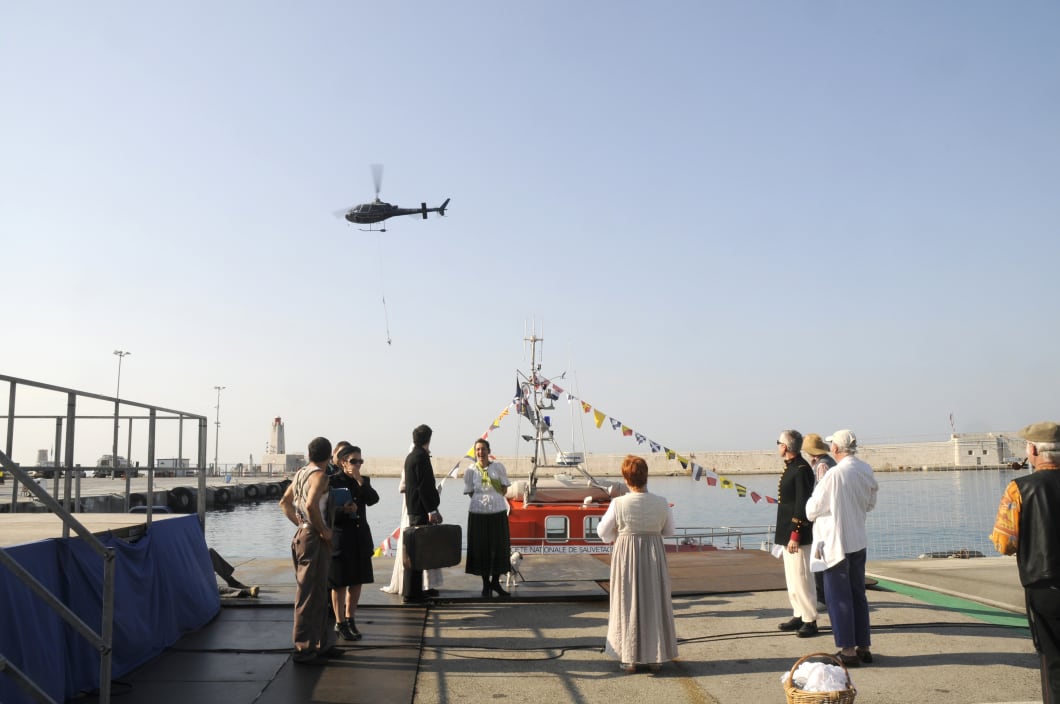
In the Alpes-Maritimes, the ports of Nice and Cannes provide maritime transport for more than 1.7 million passengers (611,000 cruise passengers, 675,900 ferry passengers and 415,700 coastal passengers) and 178,700 tonnes of goods (data of 2018).
Port Observatory
Atlas of port activities in the Alpes-Maritimes 2019
Table on maritime transport : pages 12-13
Franco-Italien Port Economic Observatory (map library) – Maritime zone
Freight, Ferry, Cruise and Coastal maps.
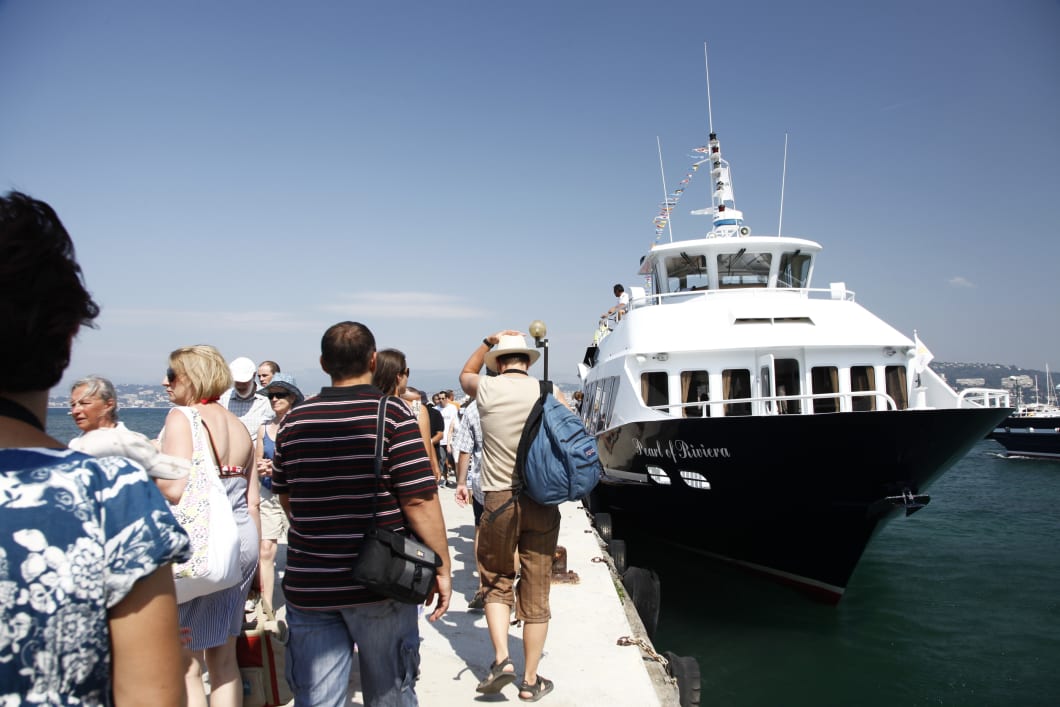
In terms of tourism, ports contribute to the attractiveness and frequentation of territories by transporting passengers by sea (coastal, ferries and cruise ships).
Coastal transportation and cruises allow to develop excursions and to value local resources and products.
More generally, ports enable their sites and their districts to be fitted out and developed in a qualitative manner by developing diversified activities. The districts in the immediate proximity of the ports are generally the most sought after by tourists, recreational boaters and inhabitants.
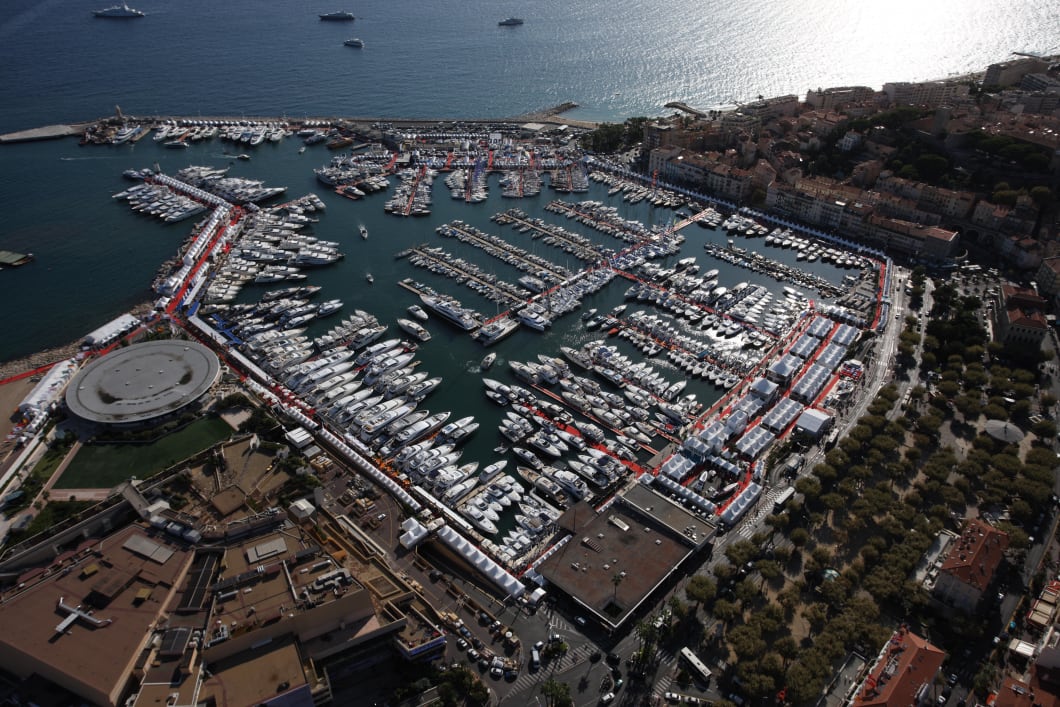
Recreational boating also contributes to this tourist dynamisation, through the development of service centres close to the berthing areas, and of a whole nautical industry, made up of equipment manufacturers, rental companies, ship maintenance and repair professionals.

